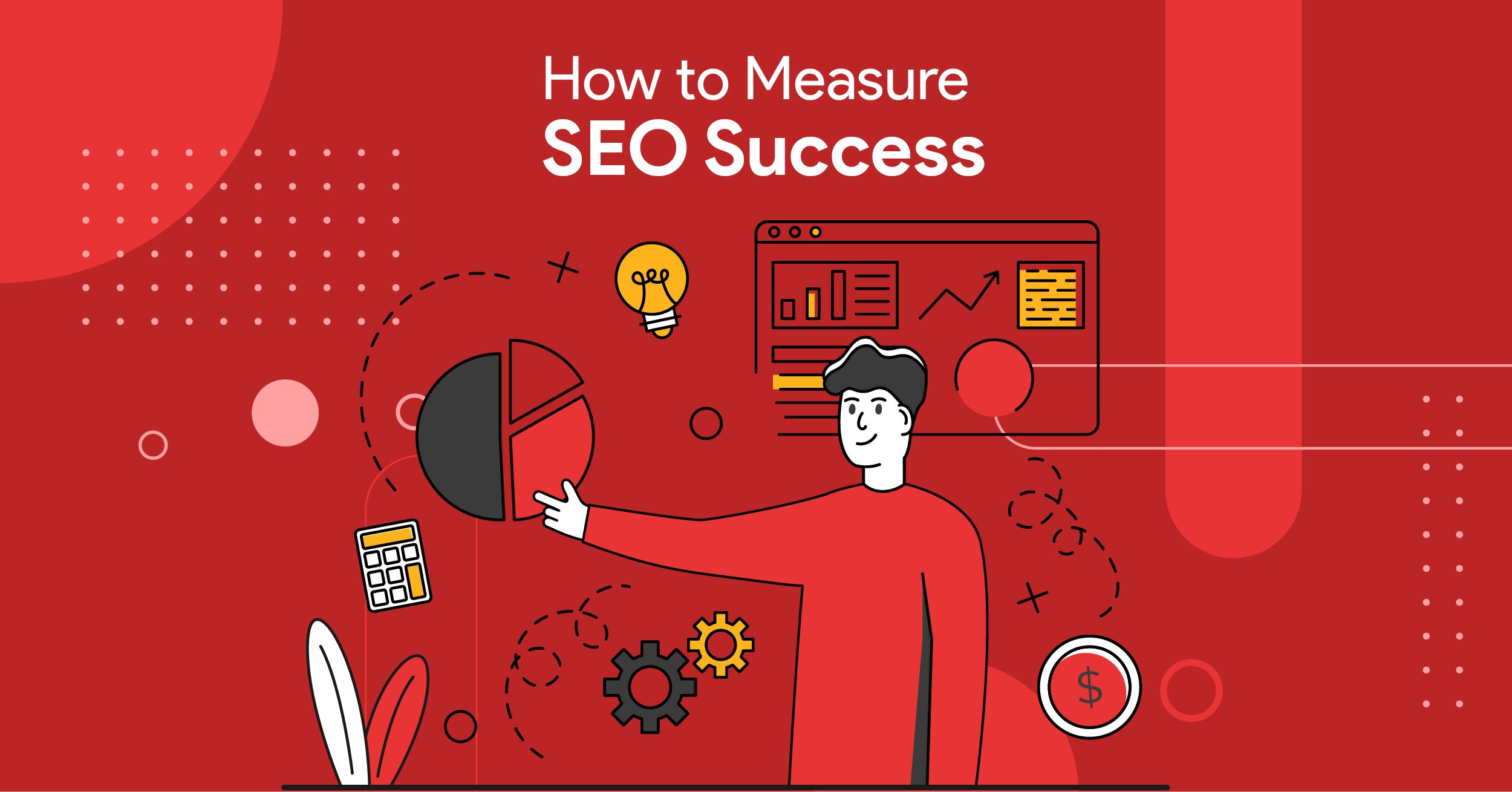A Comprehensive Guide To Boost Your Online Presence
In the vast landscape of the internet, where millions of websites compete for attention, how can you ensure that your website stands out? This is where SEO (Search Engine Optimization) comes into play. SEO is the process of optimizing your website to increase its visibility and ranking on search engine results pages (SERPs). In this comprehensive guide, we'll delve into the world of SEO, exploring its importance, strategies, and best practices to help you harness its power and propel your online presence to new heights.
Why SEO Matters

Imagine having a beautifully designed website with compelling content, but no one can find it. That's where the significance of SEO becomes evident. Here are some compelling reasons why SEO matters:
- Increased Visibility: SEO helps your website rank higher on search engine results pages, making it more visible to potential visitors.
- Targeted Traffic: By optimizing for relevant keywords, you attract users who are actively searching for the products or services you offer, resulting in higher-quality traffic.
- Credibility and Trust: Websites that appear at the top of search results are often perceived as more credible and trustworthy by users.
- Cost-Effectiveness: Compared to traditional advertising methods, SEO offers a cost-effective way to drive organic traffic to your site.
- Long-Term Results: While it may take time to see significant results, the benefits of SEO are long-lasting and can provide a sustainable source of traffic over time.
Key SEO Strategies

Now that we understand the importance of SEO, let's explore some key strategies to optimize your website effectively:
- Keyword Research: Identify relevant keywords and phrases that your target audience is likely to use when searching for your products or services. Tools like Google Keyword Planner, SEMrush, and Ahrefs can help you discover valuable keywords with high search volume and low competition.
- On-Page Optimization: Optimize various on-page elements such as title tags, meta descriptions, headings, and content to align with your target keywords. Ensure that your content is informative, engaging, and provides value to users.
- High-Quality Content: Content is king in the world of SEO. Create high-quality, original content that addresses the needs and interests of your target audience. Incorporate a mix of text, images, videos, and other multimedia elements to enhance the user experience.
- Mobile-Friendly Design: With the increasing use of mobile devices, it's essential to ensure that your website is mobile-friendly. A responsive design that adapts to different screen sizes not only improves user experience but also boosts your search engine rankings.
- Link Building: Earn backlinks from authoritative websites in your industry to improve your website's authority and credibility. Focus on quality over quantity and avoid spammy link-building tactics that could harm your site's reputation.
- Technical SEO: Pay attention to technical aspects such as site speed, crawlability, indexability, and schema markup. Fix any technical issues that may hinder search engine bots from properly crawling and indexing your site.
- Local SEO: If you have a physical location or serve a specific geographic area, optimize your website for local search. Claim your Google My Business listing, optimize local citations, and encourage positive reviews from satisfied customers.
Measuring Success

After implementing SEO strategies, it's essential to track and measure your progress to determine the effectiveness of your efforts. Key performance indicators (KPIs) to monitor include:
- Organic Traffic: Monitor the number of visitors coming to your website from organic search results.
- Keyword Rankings: Track the rankings of your target keywords on search engine results pages.
- Conversion Rate: Measure the percentage of visitors who take desired actions on your website, such as making a purchase or filling out a contact form.
- Backlink Profile: Monitor the quantity and quality of backlinks pointing to your website.
- Bounce Rate: Assess the percentage of visitors who navigate away from your website after viewing only one page.
Conclusion
In today's competitive online landscape, SEO is no longer optional but essential for the success of your website. By implementing effective SEO strategies and best practices, you can improve your website's visibility, attract targeted traffic, and ultimately achieve your business goals. Remember that SEO is an ongoing process that requires continuous monitoring, optimization, and adaptation to stay ahead of the curve. With dedication and perseverance, you can unlock the full potential of SEO and propel your online presence to new heights.

